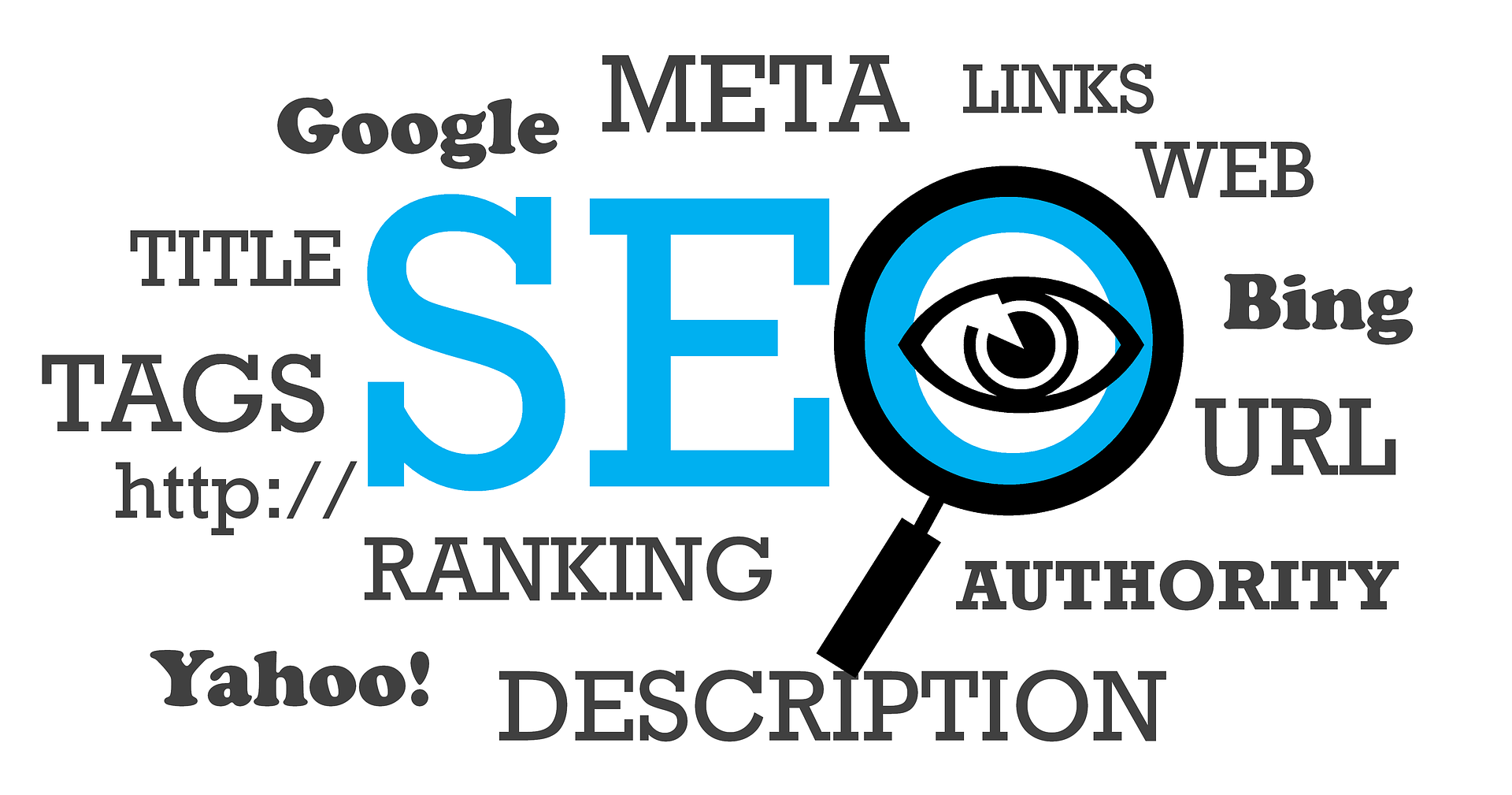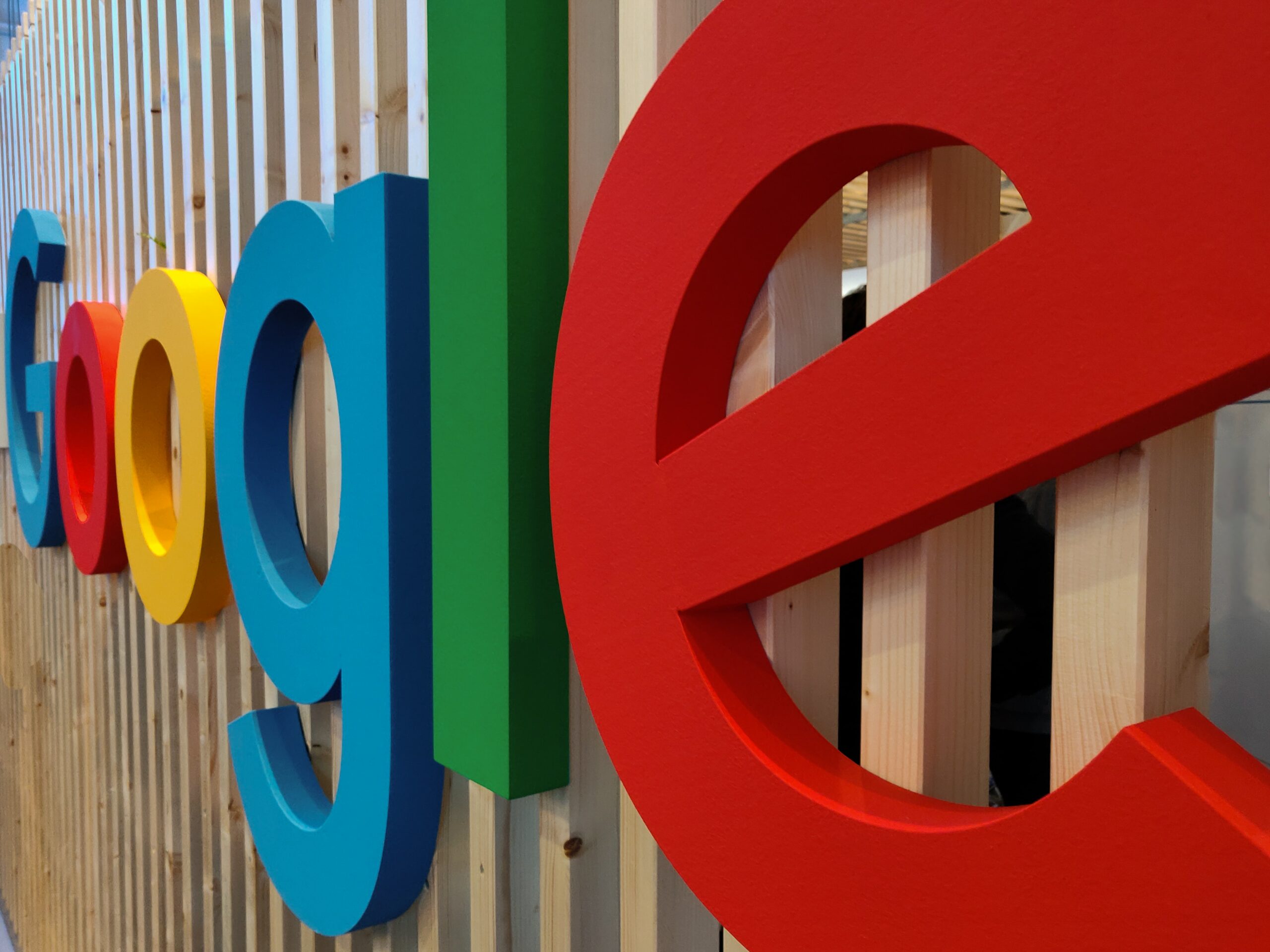SEO consists of on-page SEO and off-page SEO. You need both in order for an SEO campaign to be a success.
However, the way in which you approach on-page SEO and off-page SEO is completely different. Both help improve your rankings in the search results, but they are very different techniques.
On-page SEO and off-page SEO are relevant as search engines such as Google use many, many different factors in order to determine where a page ranks for certain terms. This is where the on and off-page SEO elements come into play.
It’s all worth considering, as at the end of the the day, SEO can really help your business succeed and grow.

What is on-page SEO?
On-page SEO is (rather obviously) everything on the page itself that indicates what the page, or your site, is all about.
What is off-page SEO?
Off-page factors include everything that is not on the page itself, that indicates how popular and authoritative your page or website is.
The key difference key is that the terms in particular that you rank for depend heavily on the on-page factors, as certain pages will include certain terms and rank for related search terms.
However, how high you rank for these terms is determined by off-page factors.
On-page SEO factors
Title tags
The title tag of each page is what is displayed on Google. These should include the key terms you want to rank for.
Headings – H1, H2 etc
Headings break up your content, and should be the largest words displayed. Search engines, therefore, take these into account when ranking your pages. So again, you should be including key terms in your headings.
Page speed
Google in particular loves fast loading websites – and page load time has now become a ranking factor. This improves the user experience and ensures people don’t get bored while waiting for your page to load. So having a fast loading website will help your rankings.
Content
It’s all very well
Image alt text
Images feature alt text, which isn’t technically visible. These are there for impaired internet users to understand what is on the page via screen reading software or otherwise. It also helps search engines determine what the images are all about. Including keywords in the image alt text helps Google and other search engines determine what the page and image are referring to.
URLs
URLs of the pages themselves are also taking into account. These shouldn’t be changed, but having keywords in the URL is best practice from the beginning.
Internal links
Internal links are links from your own site to other areas on your site. Internal links to other pages help users get around your site, and also helps search engine figure out which pages are relevant.
Off-page SEO Factors
Mostly, off-page SEO is focused on the authority of your overall domain, which is achieved by getting links from other sites which have a high authority. Improving your authority improves the rankings of your site overall.
Consider some of the biggest sites out there, such as Wikipedia or Amazon. If you search for a product and it’s on Amazon and thousands of other sites, Amazon usually comes out on top, if not, then near the top. This is due to the fact it is widely known and highly authoritative.
The same with Wikipedia. Many, many search terms have Wikipedia ranking at the top as it has a very high authority.
So the biggest factor for off-page SEO is the quality and the number of backlinks going to your website from other websites.
The higher a website’s authority, the better quality the backlink. And the more you have, the more authoritative your website appears to Google and other search engines.
So how do you go about improving your off-page SEO, and your backlinks?
Create content people want to link to because it is high-quality and authoritative
- Reach out to influencers and ask for links to your site
- Guest blogging
- Share links on social media
On-page vs off-page SEO – which is most important?
As with any business, you need to prioritise your tasks. So once you’ve decided digital marketing and SEO is something you need to prioritise, and then come across on and off-page SEO that further muddies the waters, which should you choose?
Well, you don’t need to choose. Both work together, and both are equally important.
However, on-page SEO should be addressed first, as this essentially forms the bedrock of your SEO. Google at least knows what your content is about, and can rank accordingly. Then, over time, if you produce high-quality content or engage in outreach or link building, you can build up your off-page SEO efforts.






